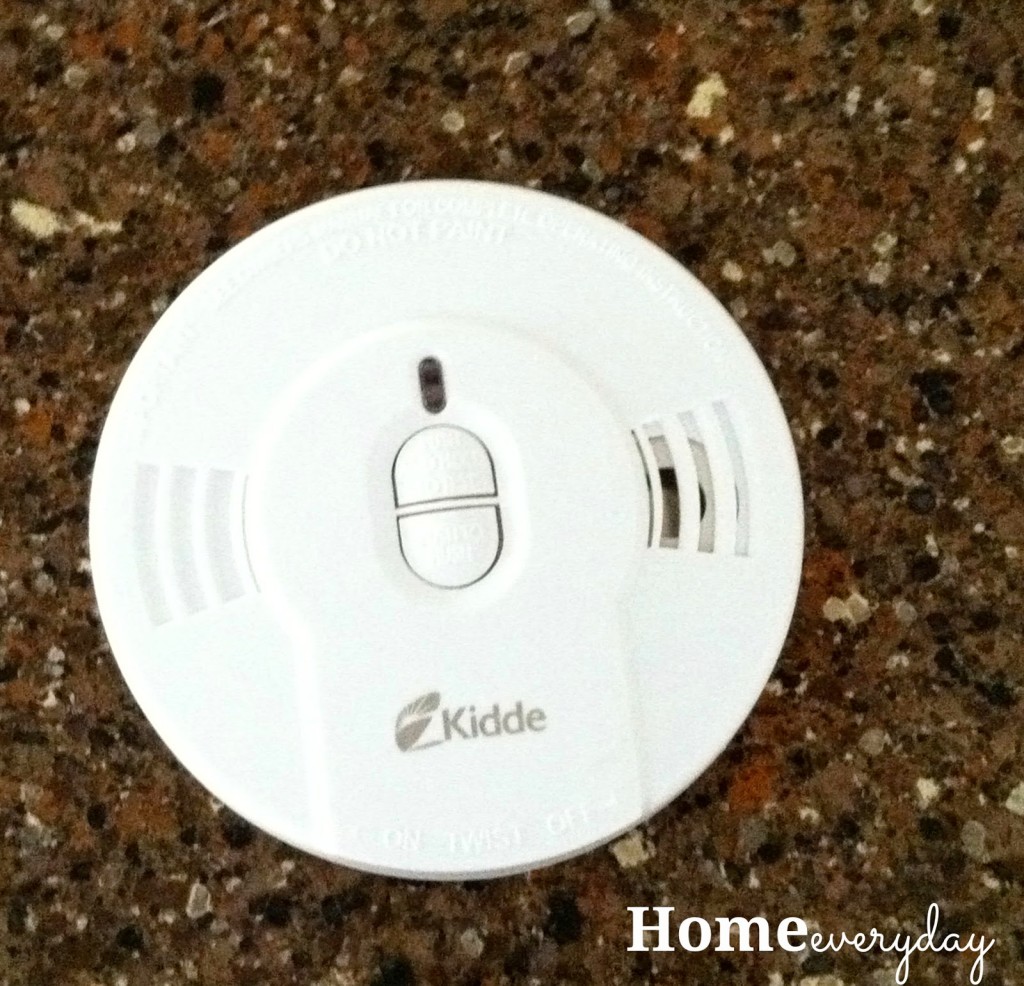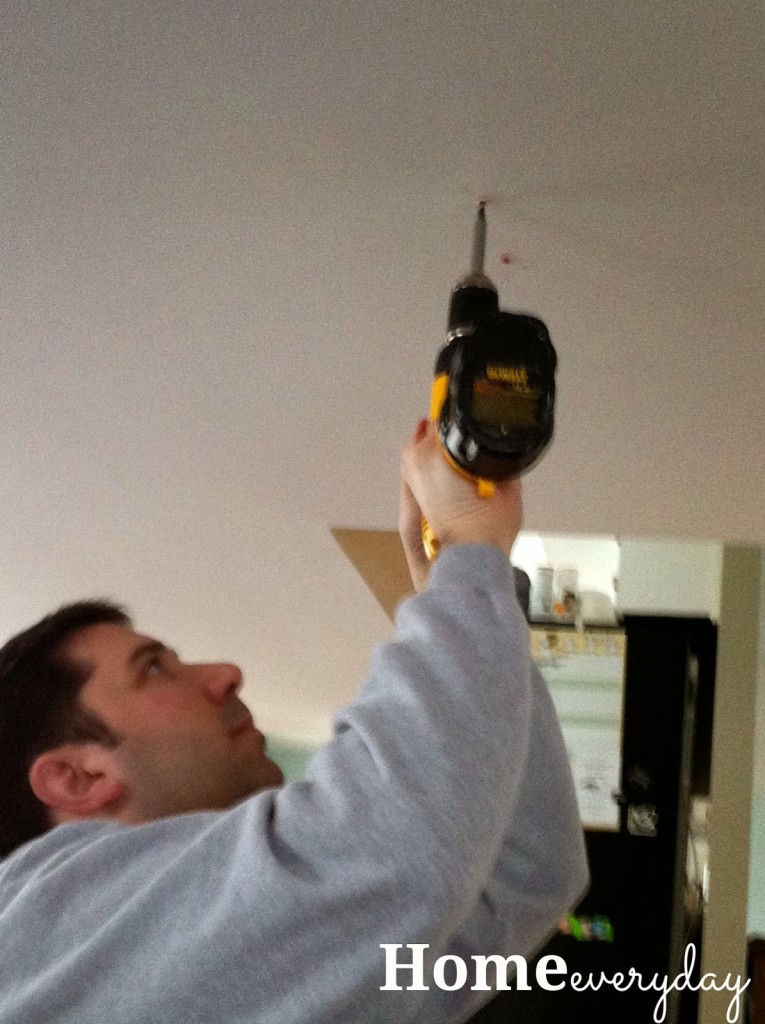Yesterday, I shared some tips on how to maintain the fire safety equipment in your home. While I wish every home came with a one size fits all manual, they don’t, but we all have our stories. Today, I am going to share some tips we have learned living in an older home, and things we have learned from friends along the way. These tips have kept our home and the people in it safe. Hopefully, this can help you too.
After all, knowledge is power, or in this case… safety.
In The Kitchen
Keep it Clean: While this seems like common sense, keeping your oven, stop top, and grill clean can help prevent kitchen cooking fires. Make sure that you also keep the surrounding areas (counters, backsplashes, inlets) around your cooking area free of decor, electrical appliances, or anything else that could catch fire. Heat radiates off the surfaces.
Scrub, Scrub, Scrub: Regulary clean your stove, oven, microwave, toaster, toaster oven, grill, deep fryer, or any appliance that uses heat for cooking. Any scraps, oil, leftover food, or crumbs, can easily catch fire.
Get Out: When we were kids, the advice regarding kitchen fires was to assess the kind of fire (grease or other) then put out the fire with the appropriate tool (lid, baking soda, water, fire extinguisher). According to the National Fire Protection Association, the solution is now if there is a fire in your kitchen, the solution is to immediately GET EVERYONE OUT! CALL 911! The fear is the fire can spread quickly and noxious fumes can hurt you.
Electrical
Basics: When we moved into this home, we had the home inspected by a licensed electrician. It is a good idea when moving (even if the home is newer) to have an electrician take a look at all the outlets, light fixtures, and existing appliances. It is also good to know information like where your electrical panel is, and how full it is. Before making any home improvements, this is excellent information to have. You don’t want to overload your electrical panel.
Outlets: Our home is almost 40 years old and many of the outlets were original to the home. Also, outlets in the kitchen, bathrooms, and outside where not GFI (ground fault circuit interrupters). In order to be safe, we had all the outlets replaced. This has helped give us piece of mind.
Appliances: The big ticket appliances like washer, dryer, and refrigerator are all plugged directly into the wall. NEVER use an extension cord to bring power to your large appliances. Also, this is another area where keeping clean is important. Make sure to vacuum out the vents of your refrigerator regularly to prevent dust to prevent overhearing. With all appliances (lamps, hair dryers, fans etc) even small ones make sure that the cord is in tact, there is no burning smell when in use.
A Special Note About Your Dryer: We all know to clean our lint trap every use to prevent a fire, but did you know you should also clean your dryer vent regularly to prevent fires too. Check out this great tutorial from Pretty Handy Girl.
Prevention
Garbage: Proper disposal of certain items can help save your entire home from a potential disaster. Did you know that 9Volt Batteries tossed together in the trash can cause a fire? According the to NFPA, THIS is the proper way to dispose of them: In addition, make sure other flammable items like rags with stain or varnish used from DIY projects or perhaps leftover paint cans, are disposed of safely.
Chimney: Make sure your fireplace and chimney are inspected and cleaned regularly to help prevent chimney fires.
Does anyone else have any other safety tips they would like to share?
If you like this post and would like to read more about all things domestic with a touch of humor, become a Home Everyday follower! For blog updates or to see other places I write such as ChicagoNow or Chicago Parent follow Home Everyday on Facebook, Twitter, and Pinterest.



